BMB Scholastic Award Winners
The BMB Scholastic Awards are inspired by past pioneers of our Department and are awarded to PhD students and postdoctoral fellows for their accomplishments. The annual award selections are announced in late December and winners receive a cash award and present at the annual retreat. Visit our BMB Scholastic Awards page to learn more about the awards and the faculty they are named for.
Recent Scholastic Award Winners

Marnie Skinner
PhD Candidate
Jordan Lab
2024 Scocca Research Achievement Award
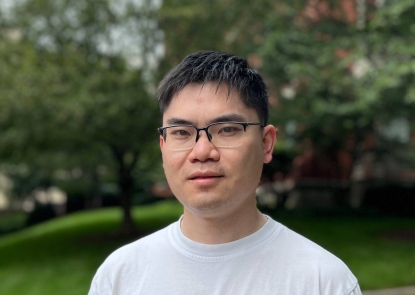
Yang Liu
Postdoctoral Fellow
Wang Lab
2024 Grossman Research Achievement Award
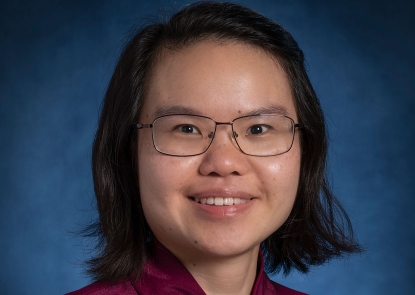
Choon Leng So
Postdoctoral Fellow
Cai Lab
2024 Krag Leadership Award
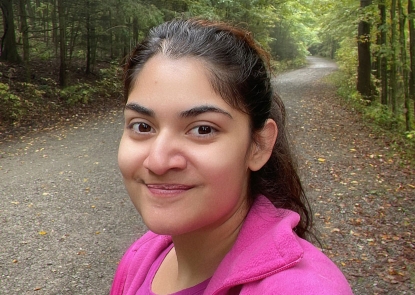
Pooja Goswami
Postdoctoral Fellow
Nayar Lab
2024 Coulombe Professional Development Award
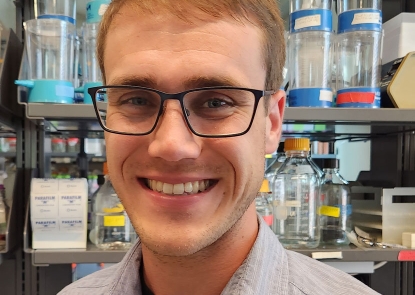
Kyler Weingartner
PhD Candidate
Kavran Lab
2023 Scocca Research Achievement Award

YuNing Lu
Postdoctoral Fellow
Wang Lab
2023 Grossman Research Achievement Award
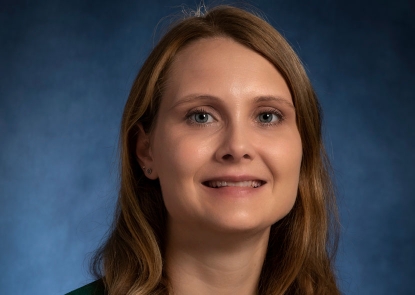
Laura Hüser
Postdoctoral Fellow
Weeraratna Lab
2023 Krag Leadership Award

Choon Leng So
Postdoctoral Fellow
Cai Lab
2023 Coulombe Professional Development Award

Ben Orris
PhD Candidate
Stivers Lab
2022 Scocca Research Achievement Award

Honghe Liu
Postdoctoral Fellow
Wang Lab
2022 Grossman Research Achievement Award
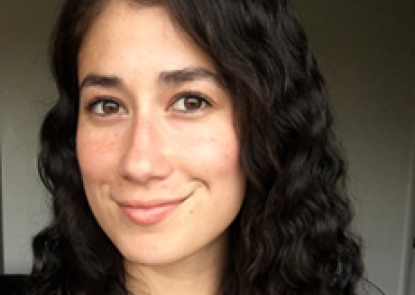
Morgan Beckett
PhD Candidate
Bailey Lab
2022 Krag Leadership Award
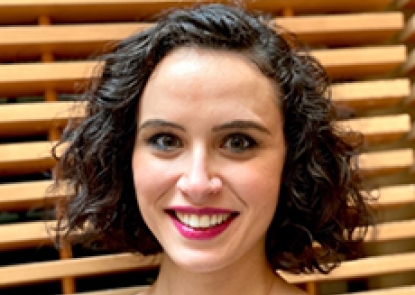
Rebecca Ursin
PhD Candidate
Klein Lab
2021 Scocca Research Achievement Award

Mitchell Fane
Postdoctoral Fellow
Weeraratna Lab
2021 Grossman Research Achievement Award
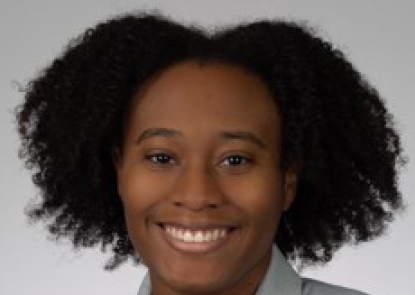
Alexis E. Carey
PhD Candidate
Weeraratna Lab
2021 Krag Leadership Award

Ed Culbertson
PhD Candidate
Culotta Lab
2020 Scocca Research Achievement Award
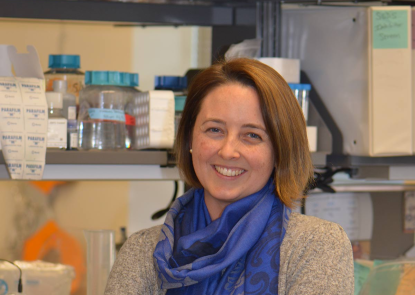
Natalie Robinett
Postdoctoral Fellow
Culotta Lab
2020 Grossman Research Achievement Award

Aravinth Jayabalan
Postdoctoral Fellow
Leung Lab
2020 Krag Leadership Award
Past Scholastic Award Winners
2019
- Scocca Research Achievement Award: Elizabeth Alexander, Wang Lab
- Grossman Research Achievement Award: Tao Zhang, Wang Lab
- Krag Leadership Award: Leah Cairns, Kavran Lab
- Coulombe Travel Award: Xue (Summer) Xia, Wan Lab
2018
- Scocca Research Achievement Award: Grace Hwang, Jordan Lab
- Grossman Research Achievement Award: Angelique Besold, Culotta Lab
- Krag Leadership Award: Justin Jacob, Coulombe Lab
- Coulombe Travel Award: Hana’ Odeh, Matunis Lab
2016
- Scocca Research Achievement Award: Xin Sun, Wan Lab
- Grossman Research Achievement Award: Kai Fu, Wan Lab
- Krag Leadership Award: Lesley Weaver, Drummond-Barbosa Lab
2015
- Scocca Research Achievement Award: Casey Daniels, Leung Lab
- Grossman Research Achievement Award: Ryan Hobbs, Coulombe Lab
- Krag Leadership Award: Chynna Broxton, Culotta Lab
2014
- Scocca Research Achievement Award: Sabin Mulepati, Bailey Lab, and Kaitlin Laws, Drummond-Barbosa Lab (Independently)
- Grossman Research Achievement Award: Aaron Haeusler, Wang Lab
- Krag Leadership Award: Hana' Odeh, Matunis Lab
